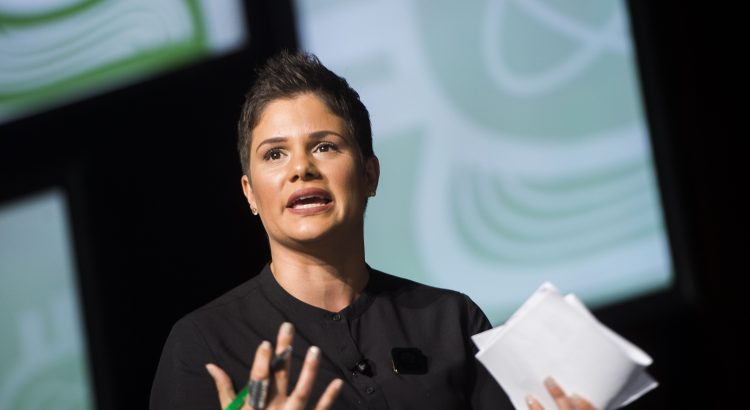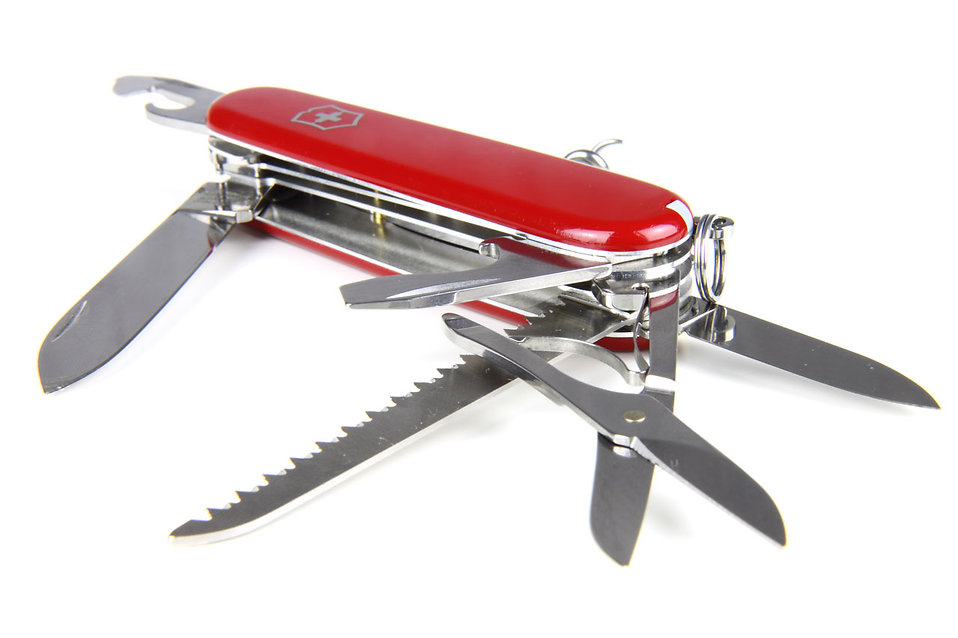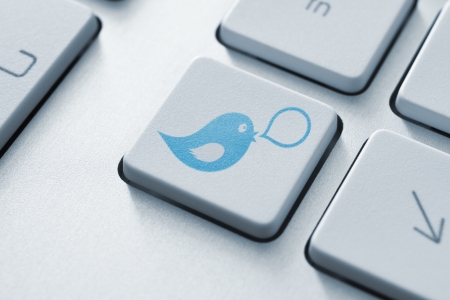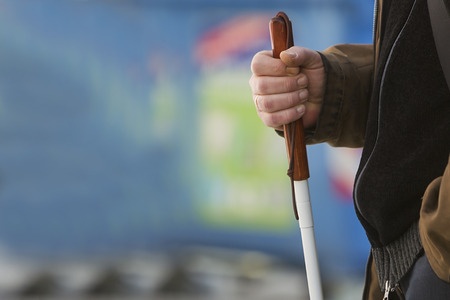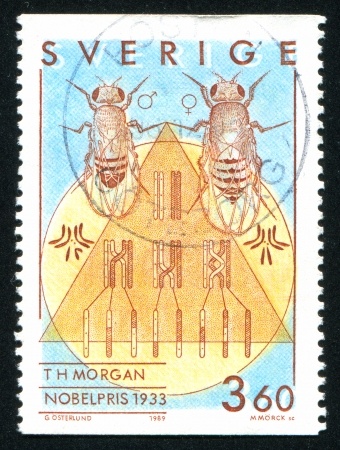Podcast: Play in new window | Download
Subscribe: Spotify | Email | TuneIn | RSS
“Things are not progressing as they should. You’re having a hard time focusing on the research, and we know that you don’t want to be in academia anyway. Do you want to quit?”
The question landed like a punch, and Mónica’s committee meeting took a turn she hadn’t expected. She was in the fourth year of her PhD training at Harvard, and her committee had just asked her if she wanted to leave the program.
“That was incredibly devastating to have these four people that you respect, and that their main role is supposed to be supporting you and helping you, and to have them ask you, “Do you want to leave?” It was devastating. But I somehow found the strength to say, ‘I don’t want to quit!'”
Mónica Feliú-Mójer finished her PhD and went on to a dream job doing science outreach and communication, but that committee meeting was a turning point.
Her story holds a valuable lesson for any graduate student considering a career outside of the academic tenure track.
